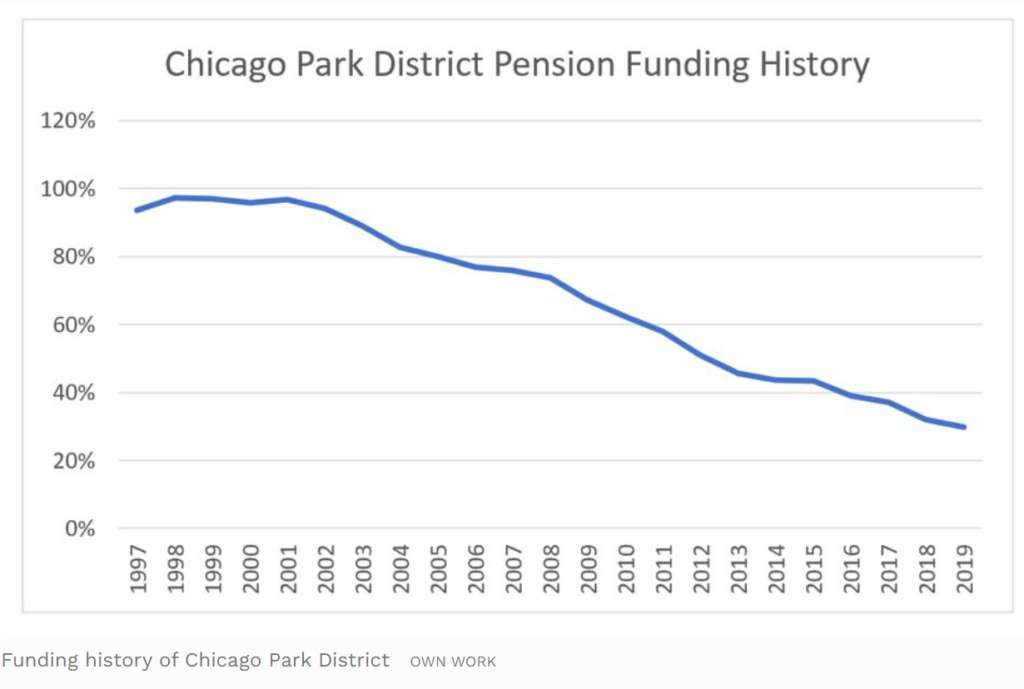Graphic:

Excerpt:
A total of 12 states had to cut a combined $4.1 billion from their budgets in order to balance out projected shortfalls before the end of their fiscal year, according to a new report released Thursday by the National Association of State Budget Officers (NASBO). (Most state fiscal years end on June 30.) Nevada, New Mexico and Washington state cut the most, accounting for 42% of the total.
Many of these states targeted staff for these cuts, including implementing hiring freezes, eliminating open positions, cutting salaries and ordering furloughs. They also turned to Medicaid, which saw more than $1 billion in combined cuts from the 12 shortfall states while higher education cuts totaled more than $500 million from the group. Washington State focused its cuts mainly on K-12 education, slashing more than $1 billion from the budget over the past year.
Author(s): Liz Farmer
Publication Date: 24 June 2021
Publication Site: Forbes
